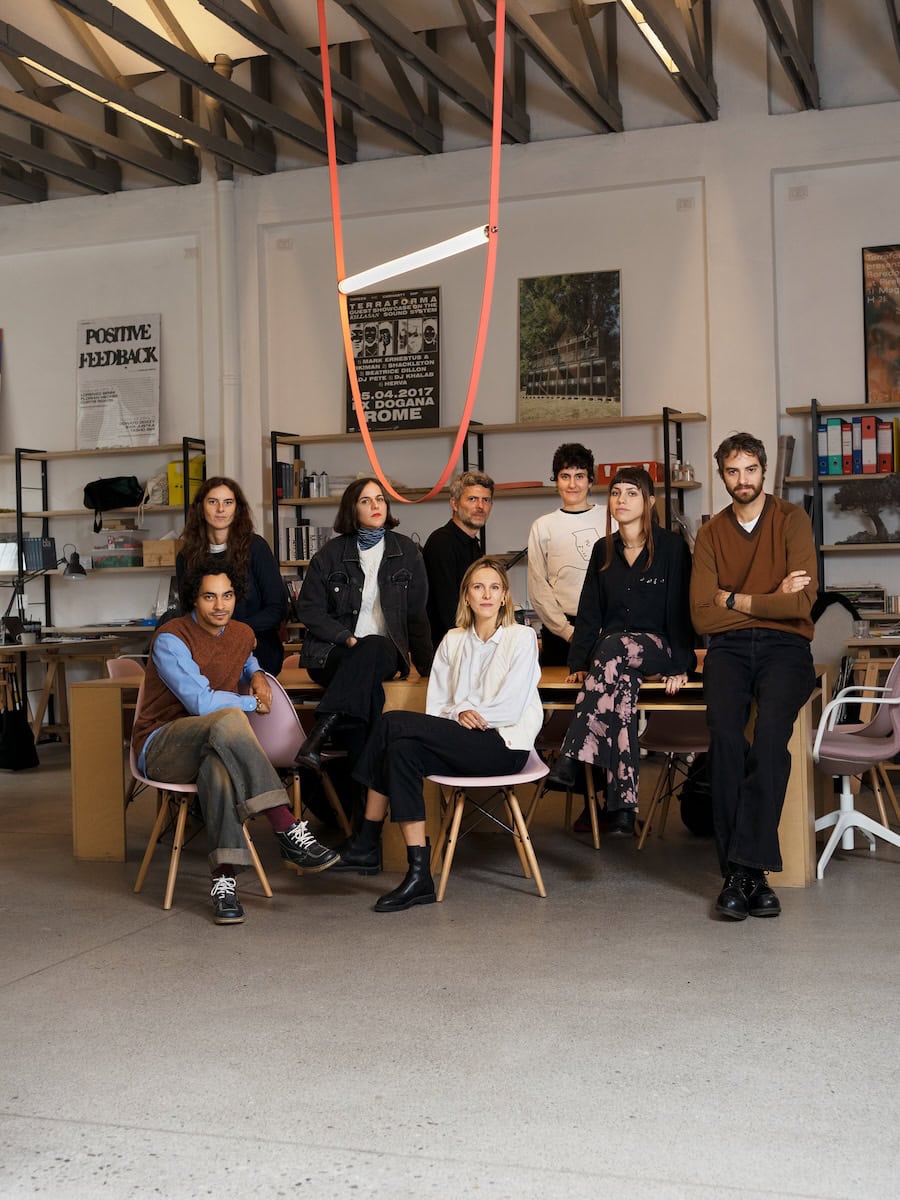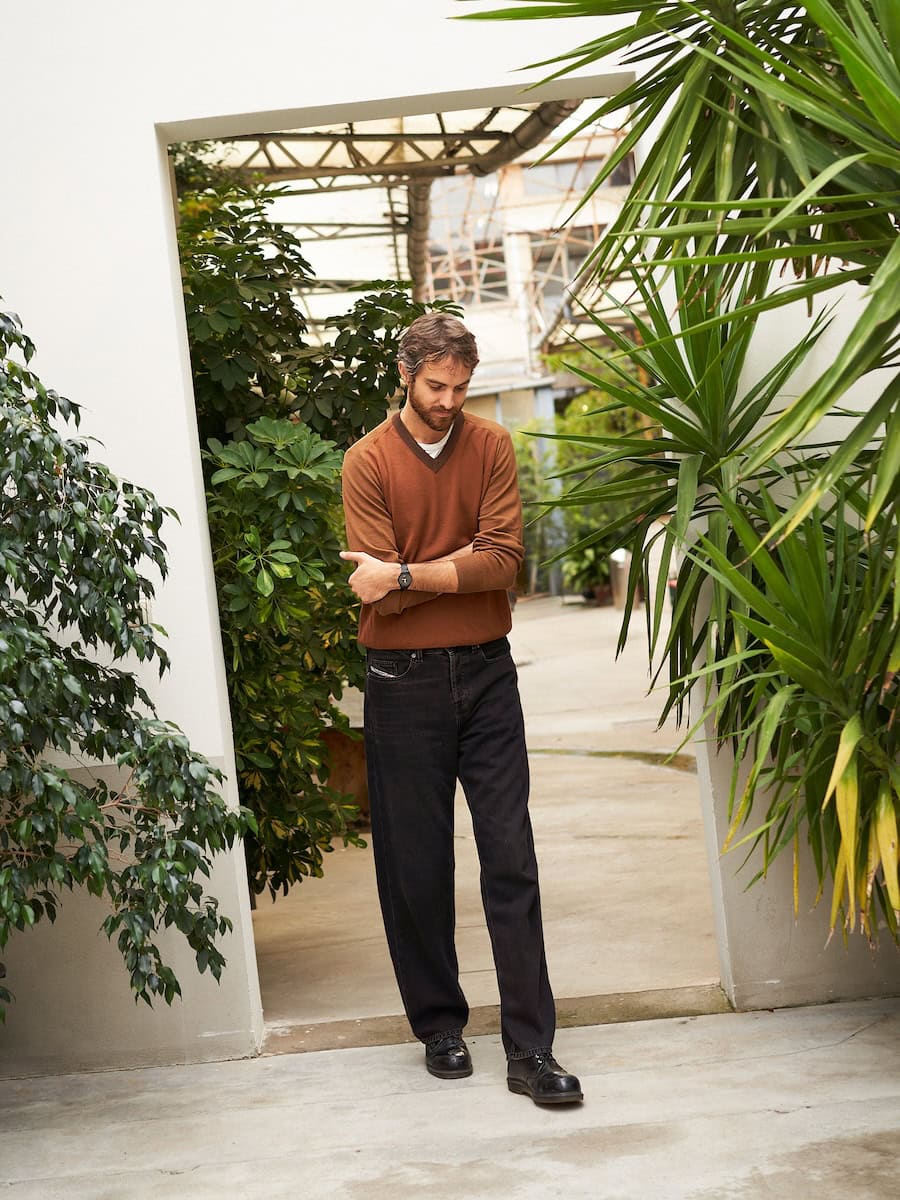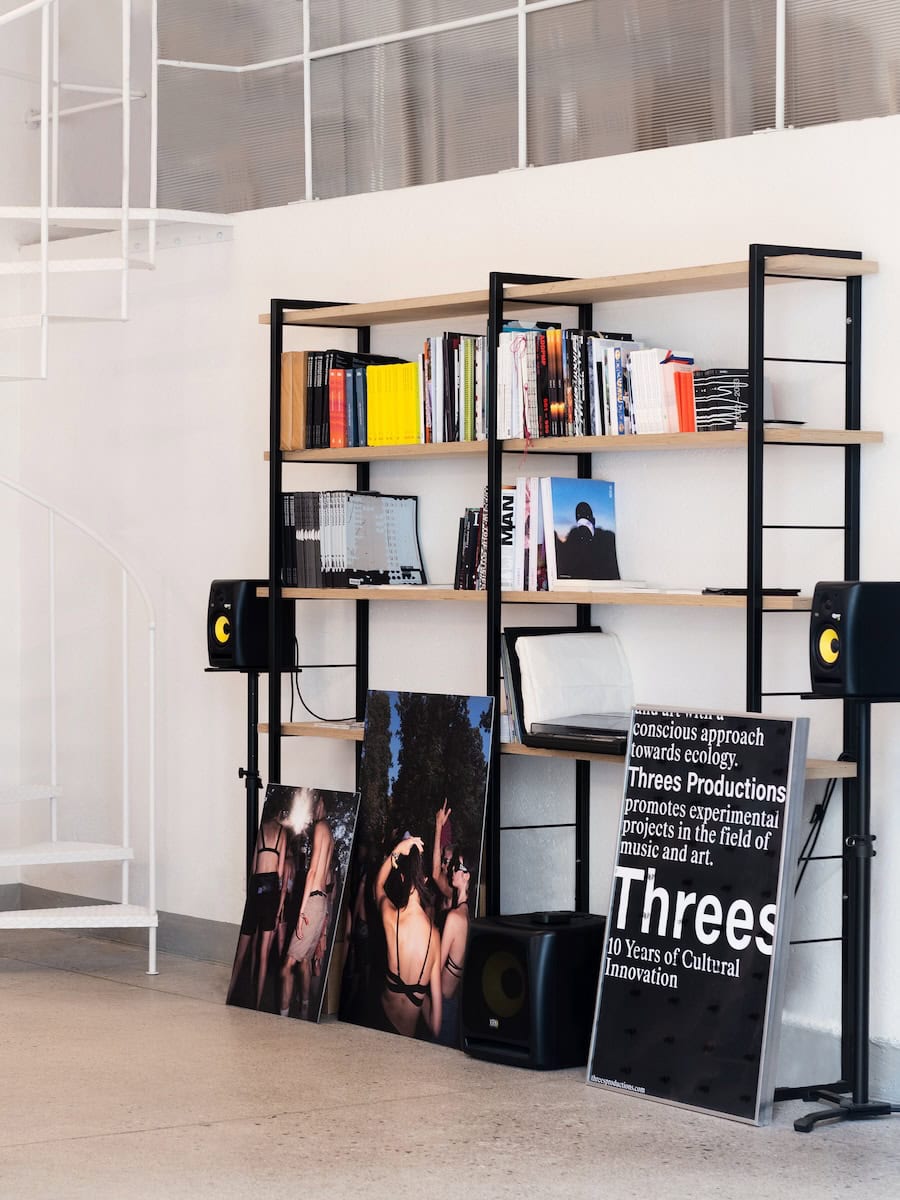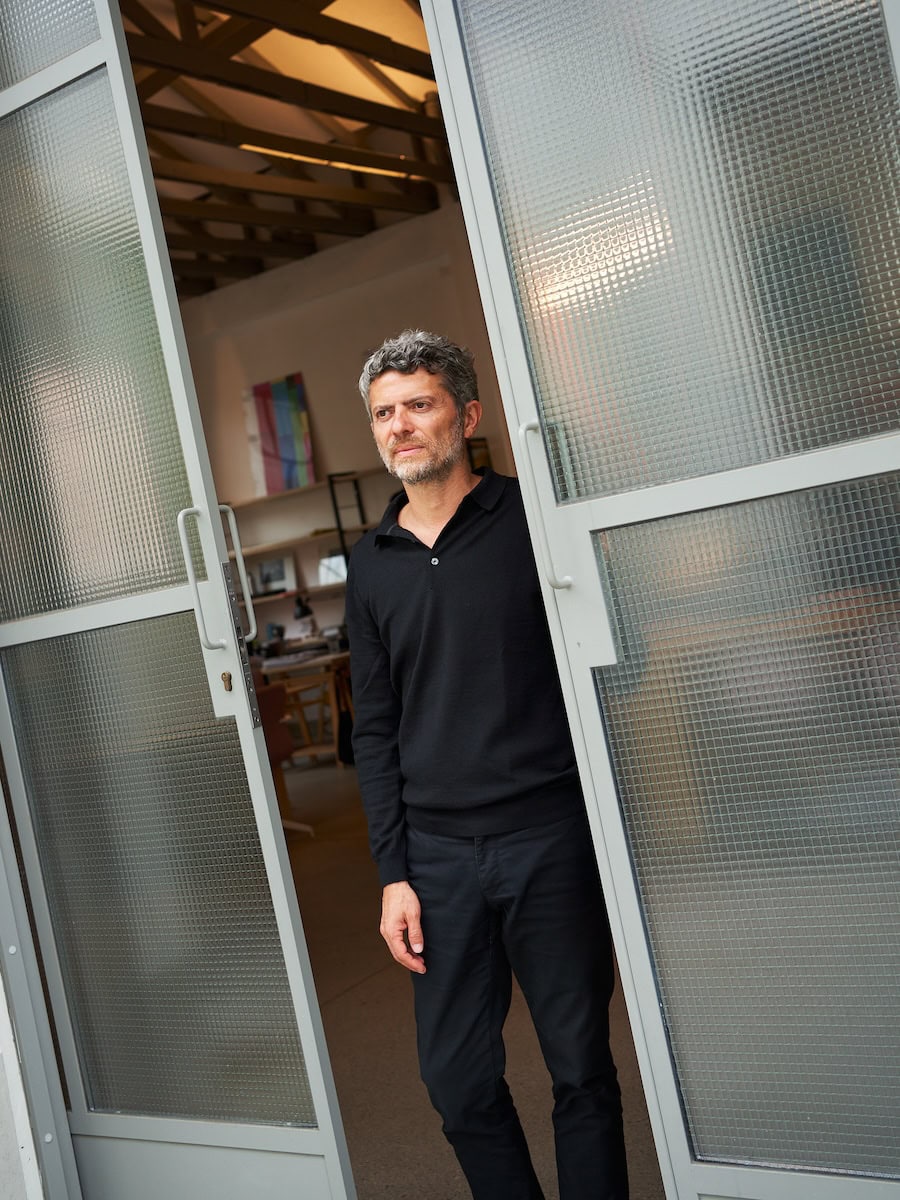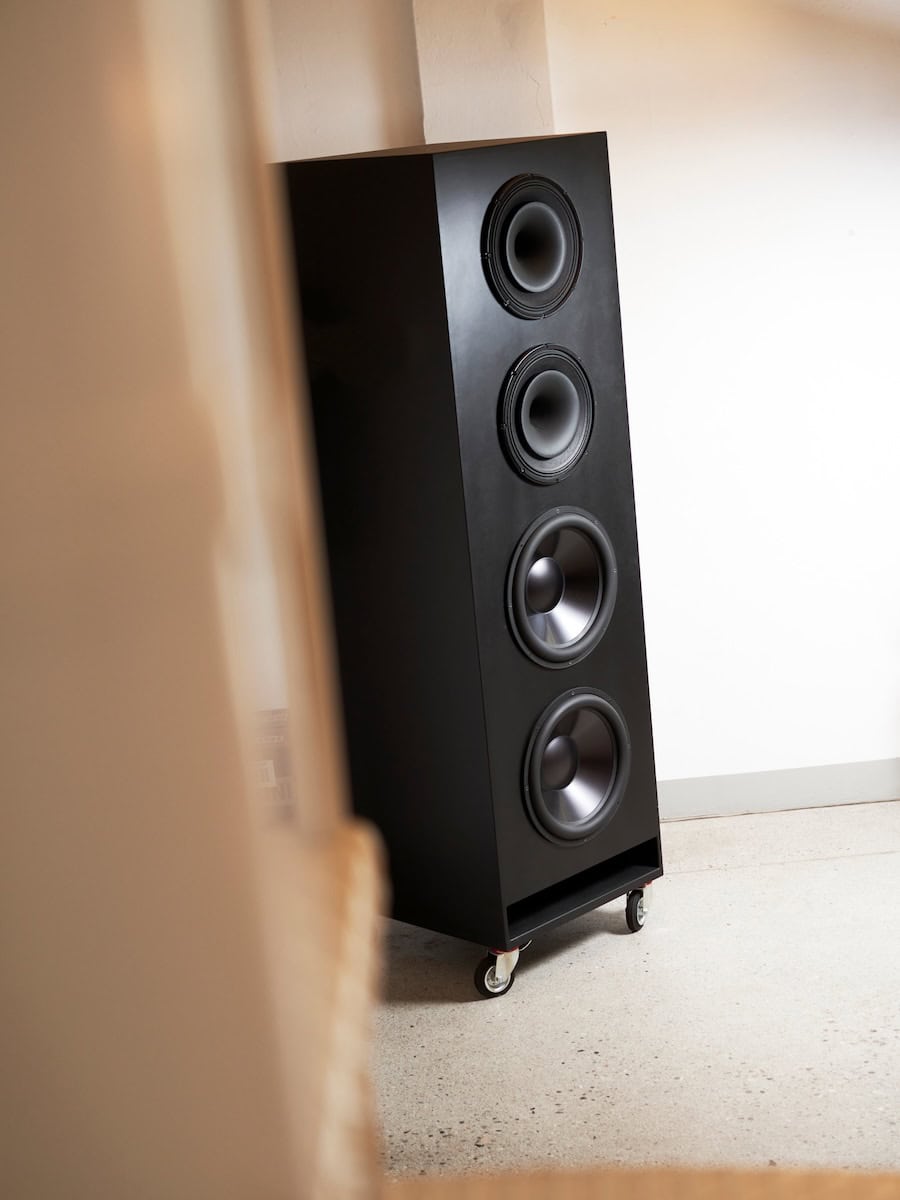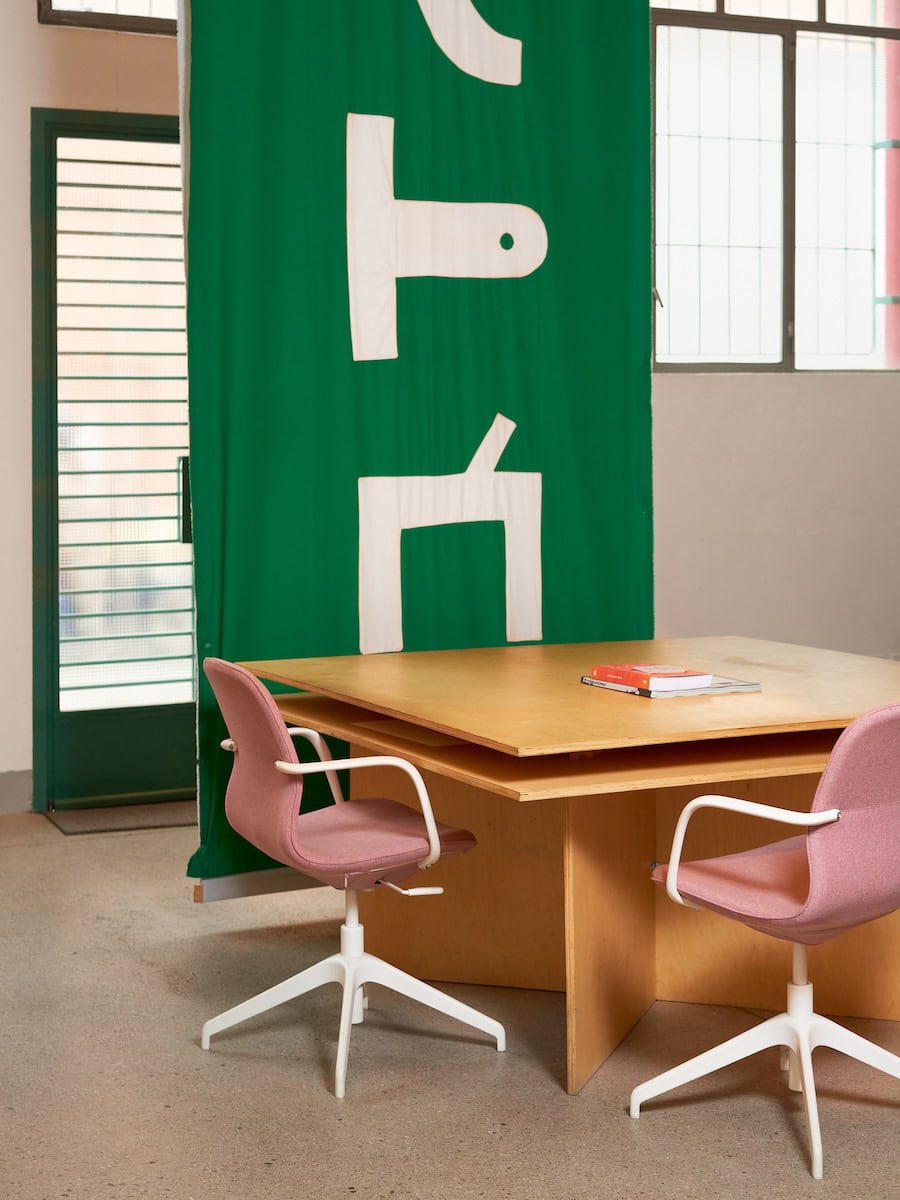Ilaria Sponda: Who’s behind Threes Productions, and how did it come about?
Ruggero Pietromarchi: Threes was born as a nonprofit association in 2012. It was founded by myself together with two friends, Alberto Brenta, and Dario Nepoti. The idea behind was to organize an experimental music festival in Italy. It took a few years before the actual birth of Terraforma. During that time we got to experiment with smaller productions and think about the event format we wished to organize. It was only from the first meeting with Villa Arconati that the desire to include the theme of environmental sustainability among the fundamental assumptions of Terraforma emerged. After a few editions, the professional paths of Alberto, Dario, and mine parted: thus Threes Productions was born, thanks to the collaboration with Leone Manfredini, and later with Nicola Giuliani, starting from a shared vision of giving life to a cultural enterprise that would develop the themes of Terraforma also in other contexts and with other productions. So we come to today where, despite the pandemic, Threes has expanded with a team of eight people and a calendar of projects that keeps us busy all year round.
Nicola Giuliani: Threes Productions is a company active in the world of culture and events. We were born around a particular festival project–Terraforma–which has been held since 2014 in the park of Villa Arconati in Bollate (near Milan).
IS: How did your personal research flow into the Threes project?
RP: Since its inception Threes Productions has been infused with our personal research to find from time to time experimental formulas of cultural production. Our research in the field of music is constant, the starting point of Threes, and it has continued to be the ‘trait d’union’ of all the projects conceived and developed over the years. From the beginning, Threes’ propensity has been to give space and body to socio-cultural experiments rather than purely musical events. In this sense, the research that has guided us has always aimed at interdisciplinarity, drawing from cultural and aesthetic dimensions bordering on music, such as contemporary art and architecture. Hence the theme of cultural ecology, taken as an effort to make cultural production and fruition sustainable, prioritizing quality over quantity and prioritizing the relational (hence ecological) aspect of the cultural event, that is, the interaction between artist, audience and space. If the Techno Portraits events were the first incubators of these researches, Terraforma was then its major exemplification as a project of social, cultural and sustainable experimentation.
NG: I have an economic background on which I grafted a focus on issues of urban regeneration, inhabiting spaces, the relationship between humans and the environment, and the reactivation of a sense of community. I believe that all these aspects came together in the Threes project and that, in turn, the project helped to refine reflections, deepen and, above all, change minds, and correct research directions. I am a great believer in the need for a ‘dialogic dimension’ in things, in the importance of questioning, and in the case of changing an idea from which one started even if it involves effort.
IS: What do you mean by “challenging cultural paradigms and inspiring a new ecological vision”?
RP: In some ways, I already answered. Threes’ challenge has always been to be a cultural enterprise, an entrepreneurial project that does not bend to market logic in terms of both production and curating. We have always paid special attention to the management and regeneration of resources in order to maintain a sustainable conduct both environmentally and culturally, this was already several years before the sustainability and greenwashing boom. The challenge is doubled when one wants to work in the field of experimentation, that is, outside the traditional circuits in terms of artists and spaces. Threes’ ecological vision is expressed by means of an ecosystemic approach to the production and conduct of an event, thus seeking to bring different aspects into dialogue to create immersive, engaging experiences. The intent is to raise awareness not only of the stage but also of the host space, people, and resonance as a collective moment of creating ecological consciousness.
IS: What are the projects carried out to which you are most attached?
NG: Each project we have produced (or continue to produce) has its own specific importance. It is part of a journey that tells the matrix of Threes’ values, the evolution of our thinking in relation to the changing urgencies of the present, and what I was emphasizing in my previous answer. Terraforma and its archipelago of projects represent a concrete example of this way of thinking. Right now the focus is on future projects that we are articulating and would like to implement. I think they are another chapter of Threes in which I am sure we can read an enhancement of the experience to date and an equally strong innovative drive.
IS: The landscape, more generally the context, where your events are located is a key starting point of your work. How do you go about the search for a location and what makes you say that a location is the right one for a particular event?
NG: The search for venues at Threes could be described as somewhat articulated: we receive some referrals and proposals, we go to see some of them for reasons pertaining to our personal curiosities, and we locate them because we have content that we intuit would be perfect for what we have in mind. But this is only part of the process. We try to get to know the places as if they were human beings with their own complicated, unfathomable personality. We wait for them to speak and tell us something.
Threes Productions is a creative agency committed to cultural sustainability. It develops and promotes experimental projects in music and art with an ecologically conscious approach. It is a multidisciplinary platform driven by research and innovation, which activities span from the event production and curation, to the publishing of music and editorial content.
